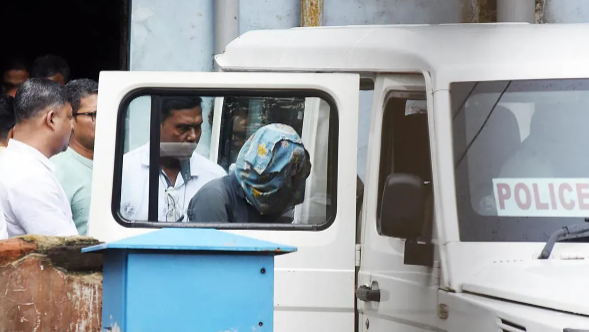Is the Administration of Lie-Detector Tests Legally Valid? (GS Paper 2, Governance)

Background
- The recent administration of polygraph tests by the Central Bureau of Investigation (CBI) in the high-profile case of the rape and murder of a doctor at R.G. Kar Medical College and Hospital in Kolkata has rekindled the debate on the legal validity and ethical implications of lie-detector tests.
- These tests were conducted following inconsistent answers from one of the suspects during questioning.
What are Deception Detection Tests (DDTs)?
Deception Detection Tests (DDTs) are methods used to assess whether individuals are being deceptive. The primary types of DDTs include:
- Polygraph Tests: These measure physiological responses such as blood pressure, pulse rate, and skin conductivity. The underlying assumption is that deceptive answers trigger detectable physiological changes.
- Narco-Analysis: This involves administering drugs to induce a state of altered consciousness, under which individuals are thought to be less capable of lying.
- Brain Mapping: This technique involves assessing brain activity to detect recognition of familiar stimuli, which could indicate deceit.
Effectiveness of DDTs
The effectiveness and reliability of DDTs are subjects of considerable debate:
- Polygraph Tests: Critics argue that polygraph tests are not foolproof. A 2010 study published in the Indian Journal of Medical Research noted that these techniques have faced significant criticism for their inability to reliably uncover concealed knowledge in real-world scenarios.
- False Positives and Manipulation: A 2019 study in the United States highlighted the high rates of false positives and noted that individuals can be trained to manipulate the results of polygraphs, raising concerns about their accuracy.
Judicial Precedents on Lie-Detector Tests
Indian jurisprudence on the use of DDTs underwent a significant shift with the landmark Supreme Court ruling in the case of Selvi v. State of Karnataka (2010). The Court established that:
- Consent Requirement: DDTs can only be conducted with the explicit consent of the accused. This ruling emphasized the protection under Article 20(3) of the Indian Constitution, which guarantees that no individual accused of an offense can be compelled to incriminate themselves.
- Right to Legal Counsel: Individuals undergoing DDTs must have access to legal representation and be informed about the physical, emotional, and legal implications of the test.
- Formal Consent: Consent must be formally recorded before a judicial magistrate, and the procedure must adhere to guidelines set by the National Human Rights Commission (NHRC) in 2000.
Existing Concerns
Despite the Supreme Court's guidelines, the use of DDTs in India continues, especially in high-profile cases. Concerns persist regarding:
- Coercion and Misuse: There are fears that DDTs could be misused to extract false confessions under duress or coercion.
- Scientific Reliability: The scientific reliability of these tests is still questioned, with concerns about their validity and the potential for misuse if individuals refuse to undergo such tests, which might be interpreted as an indication of guilt.
Conclusion
- The administration of lie-detector tests in India remains a complex issue that balances the need for effective investigation tools with the protection of individual rights.
- While the Supreme Court has imposed stringent guidelines to safeguard against abuses, the ongoing debates over the scientific validity and ethical implications of DDTs suggest that this area of law and practice requires continuous scrutiny and potential reform.
- The challenge lies in ensuring that these tests are used appropriately and ethically, without infringing upon fundamental rights.


